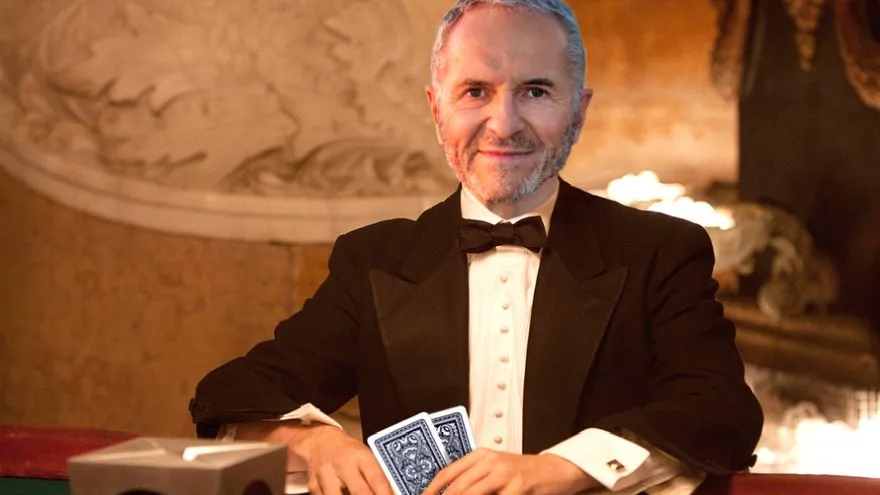Top 3 Gamblers Who Beat the Casino

Many people visit casinos, hoping to win big. However, only a few gamblers have managed to beat the casino consistently, becoming legends in the process. While most casino players rely on luck, these extraordinary individuals used strategy, psychology, and sheer brilliance to turn the odds in their favor. In this article, we will explore the top three gamblers who outwitted casinos and etched their names in gambling history.
Edward Thorp: The Mathematics Genius
Edward Thorp is often regarded as the father of card counting, a strategy that revolutionised the world of blackjack. Born in 1932, Thorp wasn’t just a gambler; he was a mathematician who used his extensive knowledge of probability theory to devise a method to tilt the odds in the player’s favor. In the 1960s, Thorp published his book, “Beat the Dealer”, which explained how card counting works and how players could use it to win in blackjack. This book was an instant success and sparked a new era of strategic gambling.
Using his card-counting method, Thorp himself visited casinos to test his theory. Incredibly, he won consistently, leading casinos to change their blackjack rules to limit the effectiveness of card counting. Despite this, Edward Thorp’s influence remains profound, and his contributions to both gambling and finance (where he also thrived) have cemented his legacy. For casino enthusiasts and mathematicians alike, Thorp remains an iconic figure, proving that intelligence can indeed beat the house.
Richard Marcus: The Master of Deception
Richard Marcus took a different approach to beat the casinos, relying not on mathematics but on psychological manipulation and sleight of hand. Known as one of the most notorious casino cheats, Marcus used his ingenuity and charm to swindle casinos out of hundreds of thousands of dollars. His method was simple yet brilliant. He would place a low-value chip on the table and, once he won, he would discreetly replace it with a high-value chip using sleight of hand, thereby increasing his winnings without raising suspicion.
Marcus operated for many years before finally being caught. However, his legacy as one of the most successful casino cheats endures. He even wrote a book about his experiences titled “American Roulette,” where he revealed the inner workings of his deceptions. While cheating is illegal and unethical, Richard Marcus’ cleverness and audacity continue to fascinate those interested in the darker side of casino history.

MIT Blackjack Team: The Power of Teamwork
While Edward Thorp paved the way for card counting, the MIT Blackjack Team took it to another level. This group of highly intelligent students and ex-students from the Massachusetts Institute of Technology (MIT) used mathematics and teamwork to win millions of dollars from casinos around the world. The team, which formed in the late 1970s, trained rigorously in card counting, perfecting their technique and working together to fly under the radar of casino security.
Their strategy was simple yet effective. They used a combination of ‘spotters’ and ‘big players.’ The spotters would count the cards while playing low stakes, and when the deck became favorable, they would signal the big players to place large bets. This system allowed them to win consistently without drawing attention. The MIT Blackjack Team became so successful that their exploits were turned into the popular book “Bringing Down the House” and later the film “21”.
Eventually, casinos caught on, and the team was disbanded. However, their story remains a testament to how a blend of intelligence, preparation, and teamwork can beat even the most sophisticated casino systems. Their legacy lives on in gambling lore as one of the most successful card-counting teams in history.
The Сasino Can Still be Beaten
The stories of Edward Thorp, Richard Marcus, and the MIT Blackjack Team show that beating the casino isn’t about luck; it’s about strategy, intelligence, and sometimes even deception. These individuals or groups proved that the house doesn’t always have to win. However, casinos today have implemented tighter security measures and rules to prevent such strategies from working. Nevertheless, the legacy of these legendary gamblers continues to inspire those who dare to take on the challenge of outsmarting the casino.
